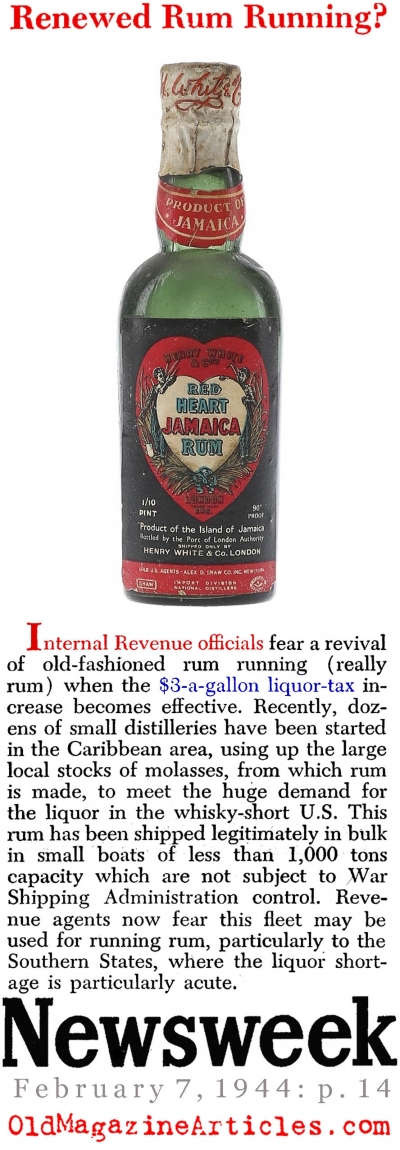After suffering eleven years of the squalor brought on by the Great Depression, many Americans were in shock to find their pockets fully lined with cash and their days spent in full employment when W.W. II broke out (in 1943, the U.S. unemployment rate stood at 1.9%). Barkeepers and restaurateurs who kept shop around the defense plants found that for the first time in years they were fully booked with paying customers. This article points out that this new economic boom on the home front was not without complications: absenteeism. As more factory workers discovered the joy of compensated labor, the more frequent they would skip work - which was seen as a danger for an industrial nation at war. For obvious reasons, no one was absent on payday, but the truancy that that kicked-in three days later was so pervasive it came to be known as 'Monday sickness':
"Young worker are more often addicted to Monday sickness than older ones. Many young men, figuring that it will not be long before they are called into the armed services, go out for a fling. Often, too, they are making more money than they know how to handle."
The "flings" they enjoyed were not without consequence: click here...
Bars and restaurants were not the only establishments that went up around defense plants, abortion mills could also be found...
In 1943 a woman on the home front introduced a sexual component that she believed would bring an end to the problem of industrial absenteeism - click here to read about her idea...
Click here to learn more about the American W.W. II home front...
